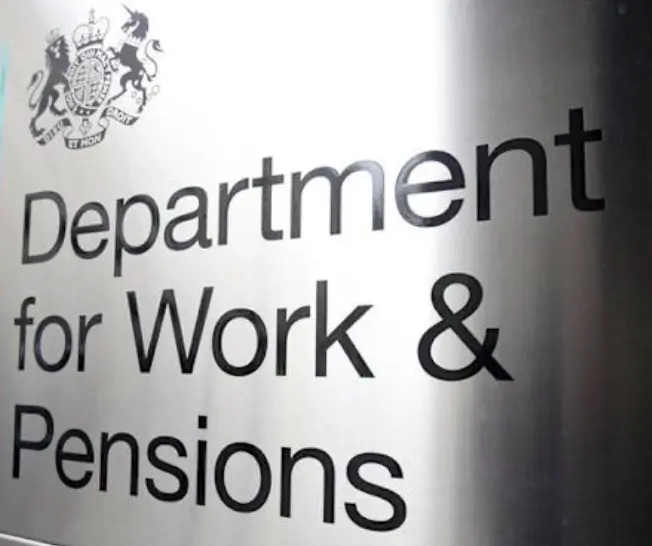Major changes to the UK’s Personal Independence Payment (PIP) system are taking shape, as the government abandons a planned freeze on disability benefits amid mounting political pressure. However, while inflation-linked increases will now continue, tightened eligibility rules may be on the horizon, prompting concern among disability advocates and MPs.
The initial proposal to freeze PIP rates — a move intended to curb rising welfare spending — has been dropped following pushback from Labour MPs, who raised alarm over the potential impact on vulnerable claimants. The freeze would have prevented payments from rising in line with inflation, saving billions but likely deepening financial hardship for over 3.6 million people currently relying on the benefit.
Instead, the government is now shifting focus toward reforming how PIP is awarded, with early reports indicating plans to tighten eligibility criteria. This means while current recipients may avoid a real-terms cut in support, fewer people may qualify for assistance in the future, especially those with less severe or fluctuating conditions.
The news comes ahead of a forthcoming green paper on welfare reform, due to be published by Work and Pensions Secretary Liz Kendall in the coming days. The paper will outline Labour’s broader welfare strategy, amid efforts by Chancellor Rachel Reeves to make multi-billion-pound savings across the welfare budget.
“Protecting the Most Vulnerable”
In a recent interview with The Sunday Times, Kendall said the reforms would seek to ensure that the welfare system functions as a “springboard, not a trap,” reiterating her commitment to protecting support for those genuinely unable to work. She highlighted growing evidence linking employment to better mental and physical health outcomes, signalling a shift toward policies that encourage people back into the workforce where possible.
As part of the proposed reforms, the government is also considering a “right to try” policy, allowing disabled individuals to trial employment without the risk of losing benefits — a move aimed at boosting workforce participation while maintaining financial safeguards.
Mixed Reactions and Growing Concerns
The decision to scrap the freeze has been welcomed by many, but the prospect of tighter eligibility rules has drawn sharp criticism from disability charities, campaigners, and the SNP, who argue that PIP is already a lifeline for people living with additional costs.
Charity Scope estimates that disabled individuals face average additional costs of over £900 a month, regardless of employment status. Critics warn that tightening access could force thousands into deeper poverty and undermine the progress made in supporting independent living.
There are also concerns about the disproportionate impact on mental health claimants, particularly younger people, who now make up a growing share of new PIP applicants. Claims have surged in recent years and are projected to double by the end of the decade.
Fiscal Tightrope
The reforms are part of a broader push by the Treasury to cut £5–6 billion from the welfare budget. While PIP spending is still expected to rise due to demand, the government hopes that revised eligibility rules and benefit caps will slow the growth rate.
Labour MPs supportive of reform have been privately reassured that severely disabled individuals will not be forced into work or lose entitlements. However, many within the party remain uneasy about the broader direction of welfare policy, warning that reassessments and reduced awards could still hit vulnerable groups hard.
What’s Next
All eyes are now on Kendall’s green paper, which is expected to provide greater clarity on how the government plans to balance fiscal responsibility with social protection. Meanwhile, Chancellor Reeves’s Spring Statement on 26 March is likely to set the financial tone for upcoming reforms.
At The Sentinel Current (thesentinelcurrent.co.uk), we will continue tracking developments as they unfold. While the freeze may be off the table for now, the battle over eligibility and fairness in the PIP system is only just beginning.







































